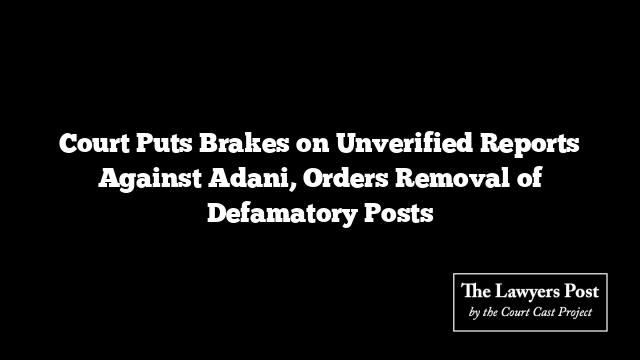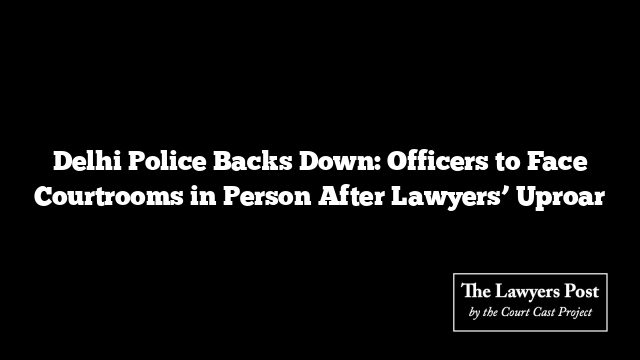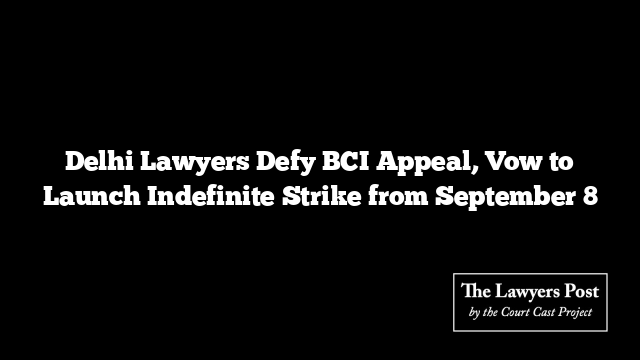A Delhi courtroom turned into the latest battleground in the ongoing tussle between Gautam Adani’s conglomerate and its critics. In a sharp interim order, the Rohini Court restrained journalist Paranjoy Guha Thakurta, Ravi Nair, Abir Dasgupta, Ayaskant Das, Ayush Joshi and several others from pushing out what it called “prima facie defamatory” content targeting Adani Enterprises Limited (AEL).
The directive, issued by Senior Civil Judge Anuj Kumar Singh, doesn’t silence legitimate reporting but sets clear limits: anything unverified, unsubstantiated, or ex-facie defamatory must come down—whether from articles, social media posts, or tweets. Those named have five days to comply.
The court order stems from a defamation suit by Adani Enterprises, which accused a cluster of journalists, activists, and organizations of running coordinated campaigns designed to damage the company’s reputation and, by extension, the global perception of “Brand India.” The company claimed these actions have stalled infrastructure and energy projects, disrupted Australian operations, delayed investment timelines, and shaken investor confidence.
Adani’s legal team pointed to reports hosted on portals such as paranjoy.in, adaniwatch.org, and adanifiles.com.au, arguing that repeated publication of such material—coupled with fallout from the Hindenburg report predicting a potential 90% stock value collapse—has strained balance sheets and obstructed fundraising efforts.
While the judge acknowledged that free speech is constitutionally protected under Article 19(1)(a), the ruling drew a fine line: freedom of expression does not extend to the unchecked spread of defamatory claims. The interim relief will stay in place until the matter is heard in greater detail on the next date.
Adani Enterprises was represented in court by a senior legal team led by Jagdeep Sharma.





